BYD Seal vs Peugeot 2008 – Which car suits you better?
Everyday use, family trips or long-distance drives – here’s where the differences show.
Discover whether BYD Seal or Peugeot 2008 fits your lifestyle better.
Here’s where it gets real: The technical differences in detail
Costs and Efficiency: When it comes to price and running costs, the biggest differences usually appear. This is often where you see which car fits your budget better in the long run.
Peugeot 2008 has a significantly advantage in terms of price – it starts at 24500 £, while the BYD Seal costs 40300 £. That’s a price difference of around 15815 £.
In terms of energy consumption, the advantage goes to the BYD Seal: with 15.40 kWh per 100 km, it’s barely noticeable more efficient than the Peugeot 2008 with 15.50 kWh. That’s a difference of about 0.10 kWh.
As for range, the BYD Seal performs clearly perceptible better – achieving up to 570 km, about 164 km more than the Peugeot 2008.
Engine and Performance: Power, torque and acceleration say a lot about how a car feels on the road. This is where you see which model delivers more driving dynamics.
When it comes to engine power, the BYD Seal has a decisively edge – offering 530 HP compared to 156 HP. That’s roughly 374 HP more horsepower.
In acceleration from 0 to 100 km/h, the BYD Seal is decisively quicker – completing the sprint in 3.80 s, while the Peugeot 2008 takes 8.30 s. That’s about 4.50 s faster.
In terms of top speed, the BYD Seal performs barely noticeable better – reaching 220 km/h, while the Peugeot 2008 tops out at 206 km/h. The difference is around 14 km/h.
There’s also a difference in torque: the BYD Seal pulls convincingly stronger with 670 Nm compared to 270 Nm. That’s about 400 Nm difference.
Space and Everyday Use: Beyond pure performance, interior space and usability matter most in daily life. This is where you see which car is more practical and versatile.
Both vehicles offer seating for 5 people.
In curb weight, the Peugeot 2008 is significantly lighter – 1263 kg compared to 1907 kg. The difference is around 644 kg.
In terms of boot space, the Peugeot 2008 offers minimal more room – 434 L compared to 400 L. That’s a difference of about 34 L.
When it comes to payload, BYD Seal barely noticeable takes the win – 473 kg compared to 460 kg. That’s a difference of about 13 kg.
All in all, the BYD Seal shows itself to be wins the duel decisively and secures the title of DriveDuel Champion.
It impresses with the more balanced overall package and proves to be the more versatile companion for everyday use.
BYD Seal
The BYD Seal represents a sleek fusion of innovative technology and stylish design, setting it apart in the competitive electric vehicle market. With its aerodynamic silhouette and premium interior finishes, the car offers a driving experience that is both comfortable and exhilarating. Enthusiasts are particularly impressed by the seamless integration of advanced features that prioritise safety and convenience.
details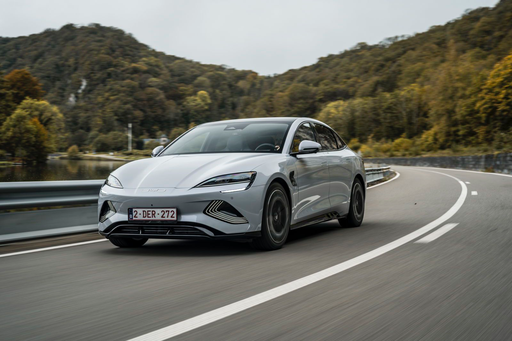 @ press.bydauto.be
@ press.bydauto.be
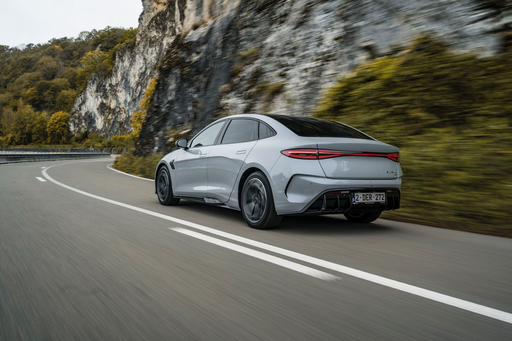 @ press.bydauto.be
@ press.bydauto.be
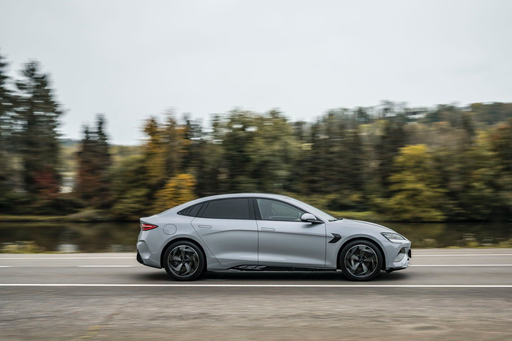 @ press.bydauto.be
@ press.bydauto.be
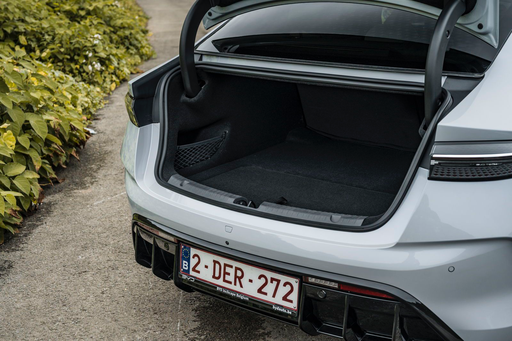 @ press.bydauto.be
@ press.bydauto.be
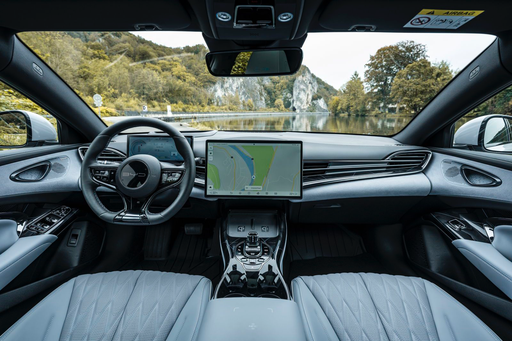 @ press.bydauto.be
@ press.bydauto.be
Peugeot 2008
The Peugeot 2008 stands out in the compact SUV market with its blend of striking design and practical functionality. It offers a comfortable ride with a sophisticated interior that exudes quality, making it ideal for both urban commutes and longer journeys. The model's efficient performance and range of modern features further enhance its appeal to a diverse range of drivers.
details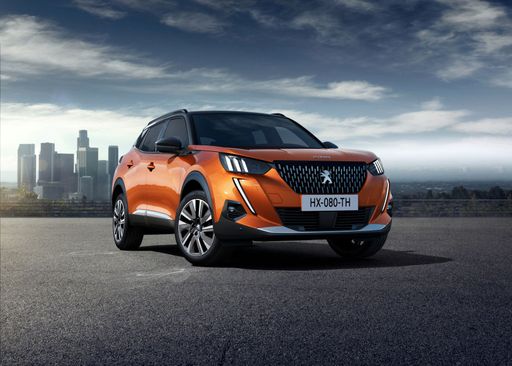 @ media.stellantis.com
@ media.stellantis.com
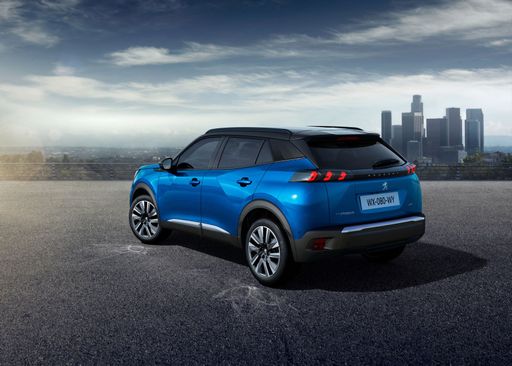 @ media.stellantis.com
@ media.stellantis.com
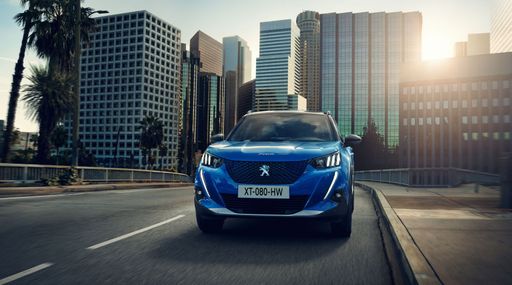 @ media.stellantis.com
@ media.stellantis.com
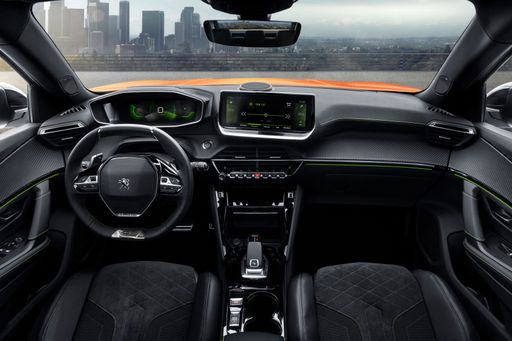 @ media.stellantis.com
@ media.stellantis.com

|

|
|
|
|
Costs and Consumption |
|
|---|---|
|
Price
40300 - 45400 £
|
Price
24500 - 40300 £
|
|
Consumption L/100km
-
|
Consumption L/100km
5 - 6.2 L
|
|
Consumption kWh/100km
15.4 - 18.2 kWh
|
Consumption kWh/100km
15.50 kWh
|
|
Electric Range
460 - 570 km
|
Electric Range
406 km
|
|
Battery Capacity
-
|
Battery Capacity
51 kWh
|
|
co2
0 g/km
|
co2
0 - 140 g/km
|
|
Fuel tank capacity
-
|
Fuel tank capacity
44 L
|
Dimensions and Body |
|
|---|---|
|
Body Type
Sedan
|
Body Type
SUV
|
|
Seats
5
|
Seats
5
|
|
Doors
4
|
Doors
5
|
|
Curb weight
1907 - 2185 kg
|
Curb weight
1263 - 1623 kg
|
|
Trunk capacity
400 L
|
Trunk capacity
434 L
|
|
Length
4800 mm
|
Length
4304 mm
|
|
Width
1875 mm
|
Width
1770 mm
|
|
Height
1460 mm
|
Height
1523 mm
|
|
Max trunk capacity
-
|
Max trunk capacity
1467 L
|
|
Payload
446 - 473 kg
|
Payload
407 - 460 kg
|
Engine and Performance |
|
|---|---|
|
Engine Type
Electric
|
Engine Type
Petrol, Electric, Petrol MHEV
|
|
Transmission
Automatic
|
Transmission
Manuel, Automatic
|
|
Transmission Detail
Reduction Gearbox
|
Transmission Detail
Manual Gearbox, Reduction Gearbox, Automatic Gearbox, Dual-Clutch Automatic
|
|
Drive Type
Rear-Wheel Drive, All-Wheel Drive
|
Drive Type
Front-Wheel Drive
|
|
Power HP
231 - 530 HP
|
Power HP
101 - 156 HP
|
|
Acceleration 0-100km/h
3.8 - 7.5 s
|
Acceleration 0-100km/h
8.3 - 10.9 s
|
|
Max Speed
180 - 220 km/h
|
Max Speed
150 - 206 km/h
|
|
Torque
360 - 670 Nm
|
Torque
205 - 270 Nm
|
|
Number of Cylinders
-
|
Number of Cylinders
3
|
|
Power kW
170 - 390 kW
|
Power kW
74 - 115 kW
|
|
Engine capacity
-
|
Engine capacity
1199 cm3
|
General |
|
|---|---|
|
Model Year
2023 - 2025
|
Model Year
2023 - 2025
|
|
CO2 Efficiency Class
A
|
CO2 Efficiency Class
D, A, E, C
|
|
Brand
BYD
|
Brand
Peugeot
|
What drive types are available for the BYD Seal?
The BYD Seal is available as Rear-Wheel Drive or All-Wheel Drive.
The prices and data displayed are estimates based on German list prices and may vary by country. This information is not legally binding.
